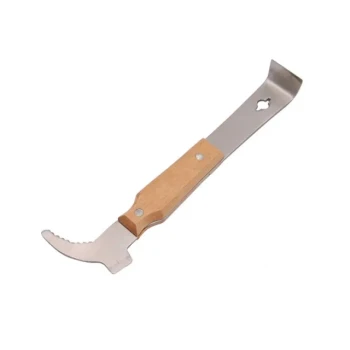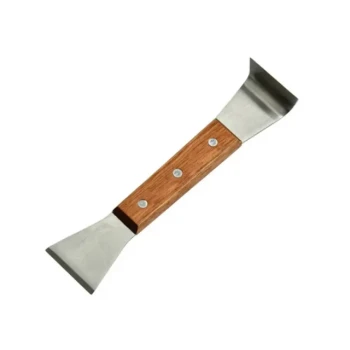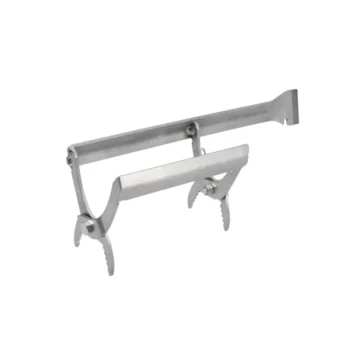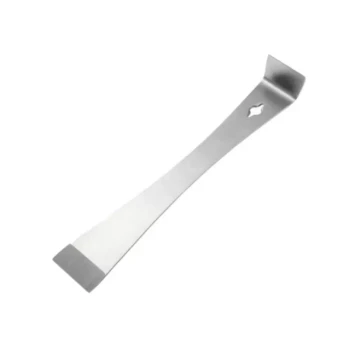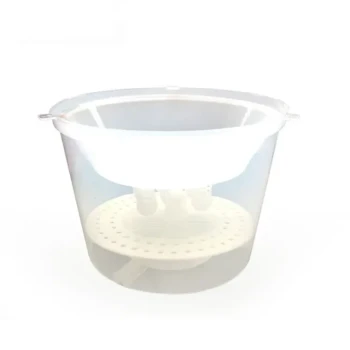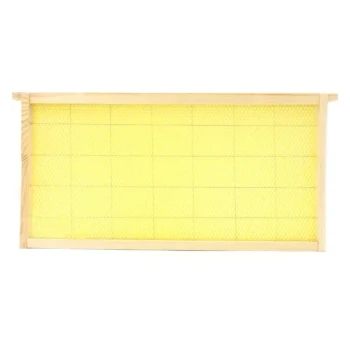From a purely functional standpoint, polystyrene beehives offer significant advantages over traditional wood hives, particularly in insulation, durability, and weight. Their superior thermal regulation helps bees thrive in extreme temperatures, while their lighter, more resilient construction simplifies management for the beekeeper.
While wooden hives hold a traditional appeal, polystyrene hives represent a modern, high-performance alternative. The choice isn't about which is universally "better," but which set of advantages—superior insulation and lower maintenance (polystyrene) versus natural material and customizability (wood)—best aligns with your beekeeping goals and climate.

The Core Difference: Thermal Performance
The most significant advantage of polystyrene (EPS) hives is their ability to insulate the colony from external temperature swings. This has a direct impact on the health and productivity of your bees.
The Power of Superior Insulation
Polystyrene provides dramatically better insulation than wood. High-density EPS hives have an insulation value of around R8, whereas a standard wooden hive has a value of approximately R1.
This means polystyrene is up to eight times more effective at preventing heat transfer, keeping the hive warmer in the winter and cooler in the summer.
Benefits for the Colony
This stable internal environment allows the bee cluster to maintain its ideal temperature with far less effort.
Bees in a polystyrene hive consume fewer honey stores for thermoregulation. This energy conservation leads to a stronger, healthier colony that can dedicate more resources to brood rearing and honey production.
Impact on Overwintering and Summer Stress
Excellent insulation is critical for survival in harsh climates. It drastically reduces the risk of a colony freezing in winter or overheating during a summer heatwave, which are two major causes of colony loss.
Practical Advantages for the Beekeeper
Beyond bee health, polystyrene hives offer tangible benefits that make the beekeeper's job easier, safer, and more efficient.
Significant Weight Reduction
Polystyrene hives are remarkably lightweight. A fully assembled polystyrene hive can weigh half as much as a wooden hive of the same configuration.
This makes lifting boxes for inspections, moving entire hives, and harvesting honey far less strenuous, reducing physical strain and the risk of injury.
Superior Durability and Longevity
High-density polystyrene is a durable material that is resistant to the elements. Unlike wood, it will not rot, warp, or absorb moisture.
This resilience ensures a longer service life, making it a lasting investment for your apiary.
Lower Maintenance Demands
Wooden hives require regular maintenance, including painting or sealing, to protect them from weather and decay.
Polystyrene hives require no painting or chemical treatments. They are ready to use out of the box and need little more than occasional cleaning, saving you significant time and recurring costs.
Understanding the Trade-offs
Choosing a hive material is not a one-sided decision. While polystyrene has clear performance benefits, wood retains its place for valid reasons.
The Case for Wood: Natural and Customizable
Wood is a natural, breathable material that many beekeepers prefer for its traditional aesthetic and connection to the history of the craft.
Wooden hives are also easily repaired or modified. If a part gets damaged, it can often be fixed with basic woodworking skills, and components from different manufacturers are generally interchangeable.
Potential Downsides of Polystyrene
While durable against weather, polystyrene can be more brittle than wood and may be damaged by careless use of a hive tool. It can also be susceptible to pests like wax moths or rodents if the hive is not strong or is left unprotected.
The Cost Equation
Initially, a polystyrene hive may have a similar or slightly higher purchase price than a basic wooden hive.
However, its lower total cost of ownership makes it more cost-effective in the long run. You save money over time by eliminating the need for paint, sealants, and frequent replacements due to rot or warping.
Environmental Considerations
Both materials have an environmental story. Polystyrene used in modern hives is often 100% recyclable. Wood, on the other hand, is a natural and renewable resource.
Making the Right Choice for Your Apiary
The ideal hive material depends entirely on your climate, management style, and personal priorities.
- If your primary focus is bee health and honey production: Polystyrene's superior insulation provides a clear advantage by reducing colony stress and conserving energy.
- If your primary focus is ease of management and physical labor: The lightweight and low-maintenance nature of polystyrene will save you significant time and effort.
- If your primary focus is tradition and a natural aesthetic: Wooden hives remain the classic choice and offer a connection to the craft's heritage.
- If your primary focus is long-term cost-effectiveness: Polystyrene's durability and minimal upkeep make it a more economical investment over the life of the hive.
Ultimately, the best hive is the one that allows you to be the most effective and engaged steward for your bees.
Summary Table:
| Feature | Polystyrene Hive | Wooden Hive |
|---|---|---|
| Insulation Value (R-value) | ~R8 (Superior) | ~R1 (Basic) |
| Weight | Up to 50% lighter | Heavy |
| Durability | Resists rot, warping, moisture | Can rot, warp, requires painting |
| Maintenance | Minimal; no painting needed | Regular painting/sealing required |
| Best For | Extreme climates, bee health, ease of use | Tradition, natural aesthetics, customizability |
Ready to upgrade your apiary with high-performance beehives?
At HONESTBEE, we supply commercial apiaries and beekeeping equipment distributors with durable, high-insulation polystyrene hives designed for superior colony health and beekeeper efficiency. Our wholesale-focused operations ensure you get the best equipment to support thriving bees and a more productive, manageable operation.
Contact HONESTBEE today to discuss your hive supply needs and discover the long-term benefits for your business.
Visual Guide
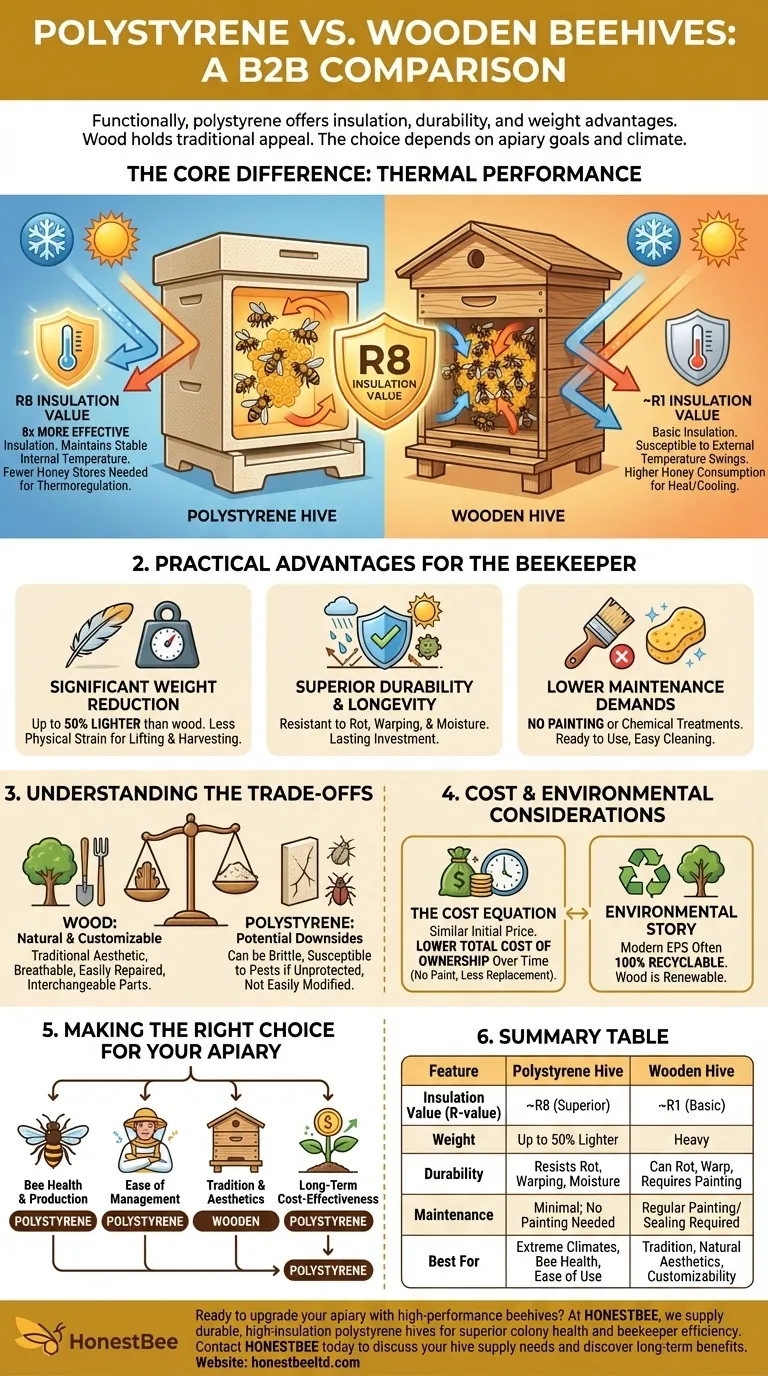
Related Products
- Professional Insulated Plastic Bee Hives
- Plastic Bee Hive Stand for Beekeeping
- Professional Insulated Winter Hive Wrap for Beekeeping
- HONESTBEE Professional Long Handled Hive Tool with Precision Cutting Blade
- Yellow Plastic Bucket Pail Perch for Beekeeping
People Also Ask
- How much additional time does having more hives require? Master Efficient Apiary Management
- What is the purpose of a bee box? A Complete Guide to Modern Hive Management
- Why is it recommended to buy at least two bee hives? Boost Your Success with a Second Colony
- What are the advantages of plastic bee hives in assembly and maintenance? Maximize Apiary Efficiency
- Why might beekeepers prefer plastic hives for extraction? Boost Efficiency & Sanitation






